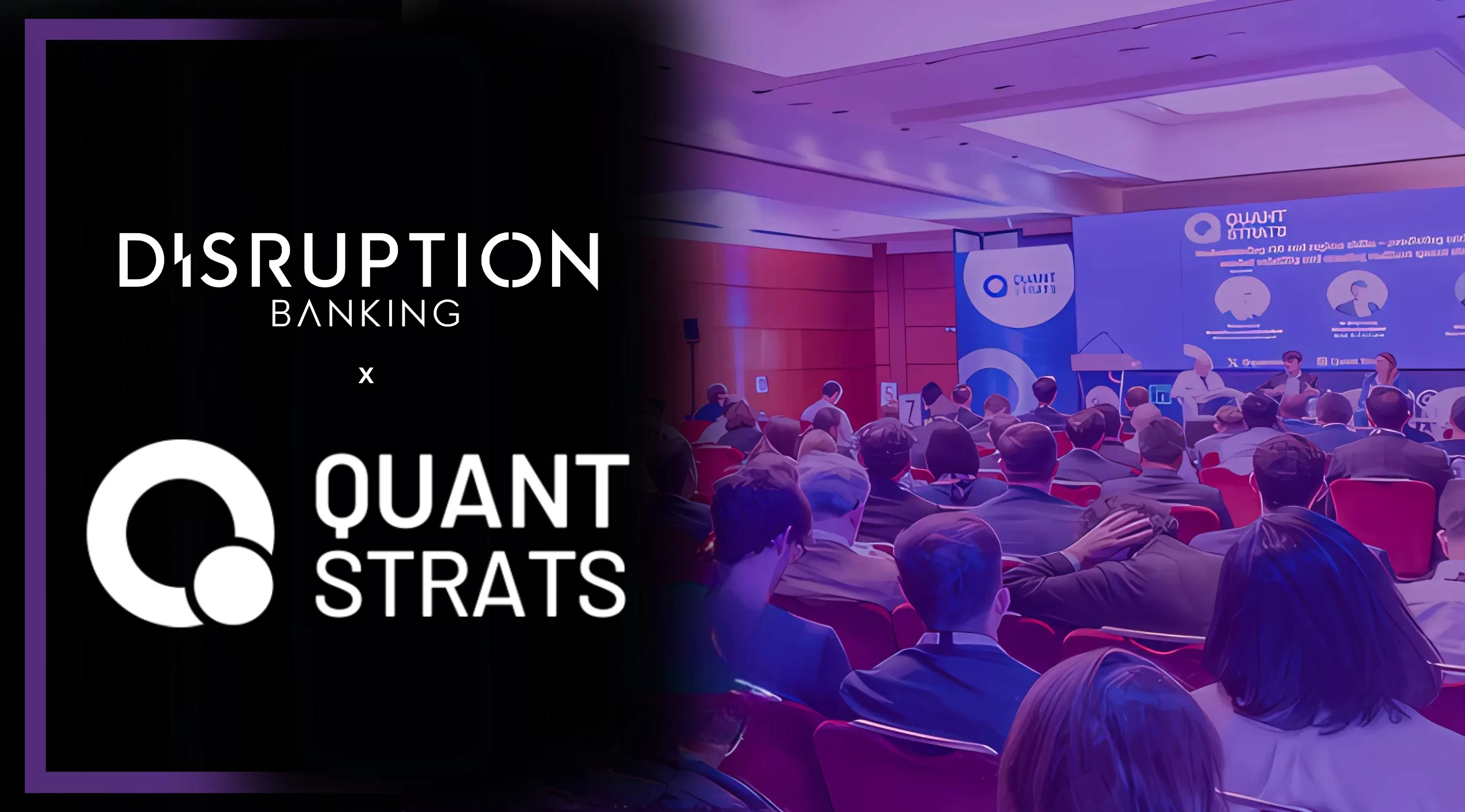Amber Group is one of the most disruptive digital asset platforms currently on the market. We have previously covered their acquisition of Japanese cryptoasset exchange DeCurret and their ambitious plans for East Asian expansion. Most recently, we reported that they have become one of the first major crypto players to join the International Swaps and Derivatives Association (ISDA).
This afternoon at Money 20/20, Amber Group’s Senior Director for Continental Europe, Stefan Becker, appeared on a panel to talk about fintech valuations. Sporting mismatched trainers, Becker offered some interesting reflections on how innovative crypto and Web 3.0 companies may be valued in the challenging context of rising inflation and higher interest rates.
.@ambergroup_io on stage at #money2020eu talking about #fintech valuations. pic.twitter.com/NPuZEUDphM
— #DisruptionBanking (@DisruptionBank) June 7, 2022
Becker emphasised that, for Amber Group, “liquidity is important and market movement is important.” He said that “we always have cycles [where the] money supply is increasing or shrinking,” but that “over the last decade, we have only seen an increase in the money supply.” This led to a situation where companies benefited hugely from free cash, massively inflating their already high valuations.
“What private equity has done over the last few years, due to cheap money and all that kind of stuff, is create unicorns. They were not looking for unicorns – they simply created them by pouring money into them at a rate that we have never seen before,” Becker said. He added that “we’re coming back to normal,” as central banks gradually tighten monetary policy to combat rising inflation.
A recent report from Andreessen Horowitz illustrates a sad state of affairs for the fintech industry, which has gotten clobbered in the tech-stocks downdraft. https://t.co/d1JZEZJLAN
— Donna Goodison (@DGoodison) May 24, 2022
The moderator, Conny Dorrestijn from BankiFi, asked him whether this would lead to less investment in crypto and blockchain initiatives. The logic makes sense: while investors may have been prepared to gamble a bit of money in an emerging space when plenty of funds were available, will that really continue as conditions become tougher?
Becker said that he “still sees a lot of opportunity,” but added that “my personal opinion is that 80% of projects will go extinct within the next five years, due to inoperability and other factors.”
He was particularly sceptical of NFTs, arguing that they don’t provide “utility” and have no obvious use-cases. “I mean, of course you can show someone a picture – if that’s your use-case, then fine […] But I don’t think that works as a final use-case as it doesn’t provide any utility.” From the perspective of an investor, “we get cheaper, better investment opportunities – everybody’s talking about Web 3.0 and this kind of stuff.” Becker suggested NFT projects will get hit as conditions worsen, but was bullish about other projects with greater use-cases.
We are proud to integrate @chainlink, the industry leading blockchain #oracle solution. The Chainlink integration provides @ambergroup_io with access to secure financial market data which will help unlock more #blockchainhttps://t.co/Bj7JYiNT7C pic.twitter.com/FgJR4lnI4A
— #DisruptionBanking (@DisruptionBank) May 25, 2022
Interestingly, Becker also argued that many cryptoexchanges are effectively becoming venture capital firms themselves – and are therefore an additional source of cash and investment for start-ups.
“Some of these [crypto] companies are super successful, just piling up huge, huge amounts of cash […] they’re becoming venture funds and private equity funds themselves. The money’s coming from both the cash they generate, and which they’re printing on the exchanges. They know they need to deploy it somewhere,” Becker outlined. “There’s still so much money around.”
Despite being open about the more difficult times ahead, Amber Group and Becker seem optimistic about the future of the DeFi space. It appears we could be set for a professionalisation: with private equity funds forced to be more picky with the allocation of their funds, many weaker initiatives may die out – while those that are genuinely capable of adding value will continue to prosper. Perhaps this could prove to be one positive side-effect of the tougher times that lie before the fintech industry.
Author: Harry Clynch
#Money2020eu #Fintech #Crypto #PrivateEquity #NFTs #Web3 #Blockchain














